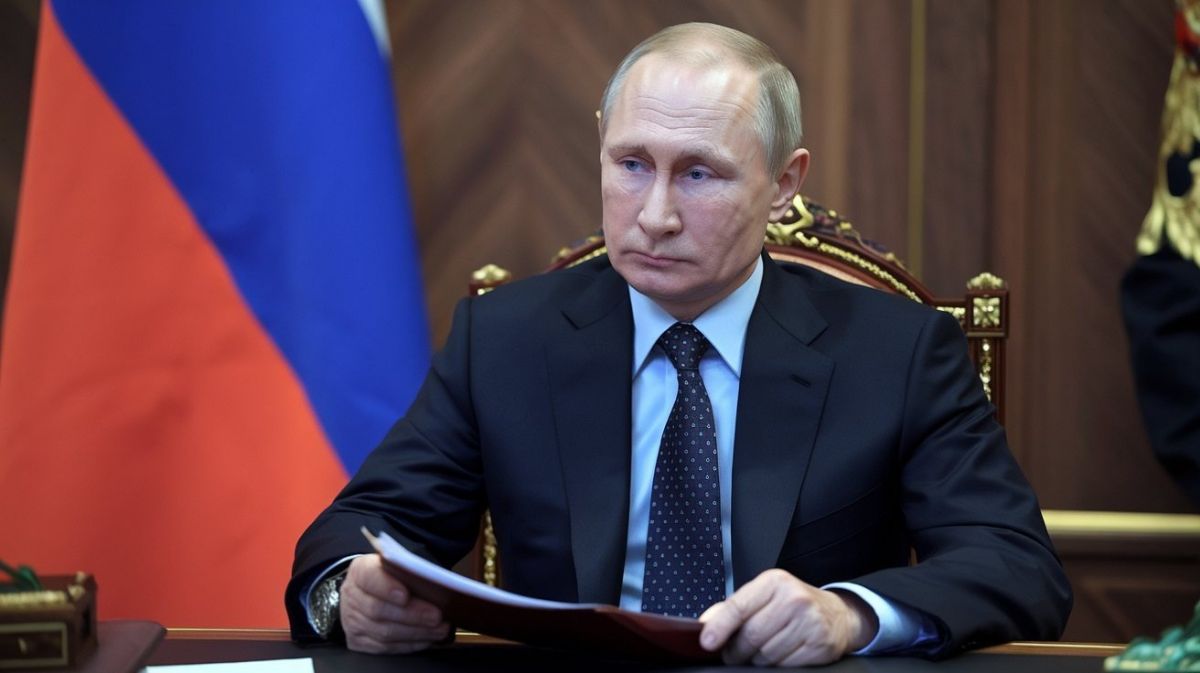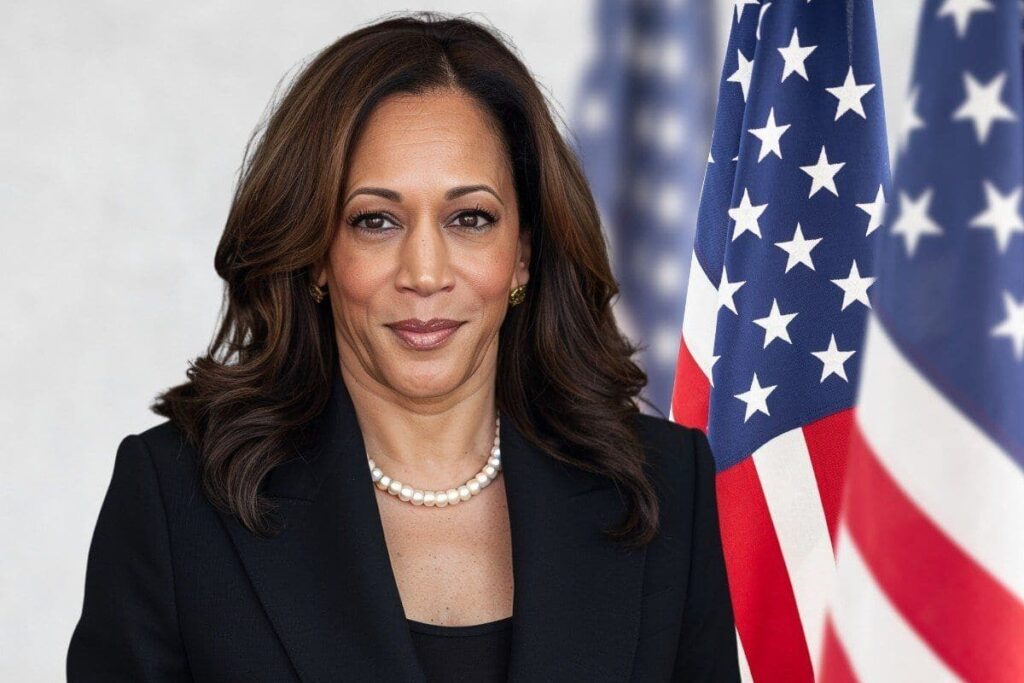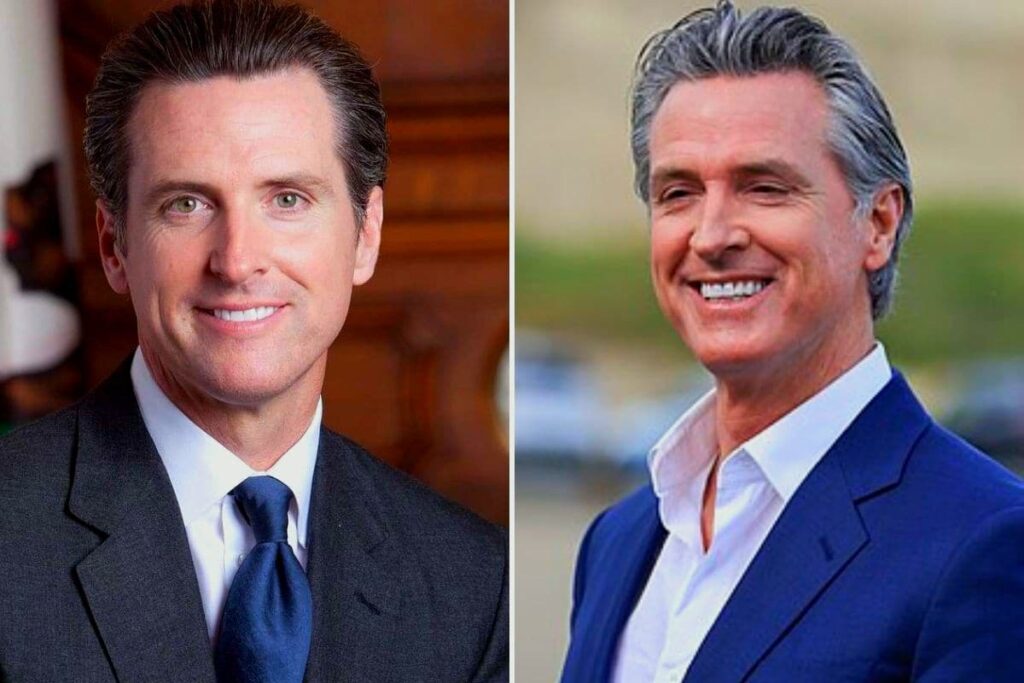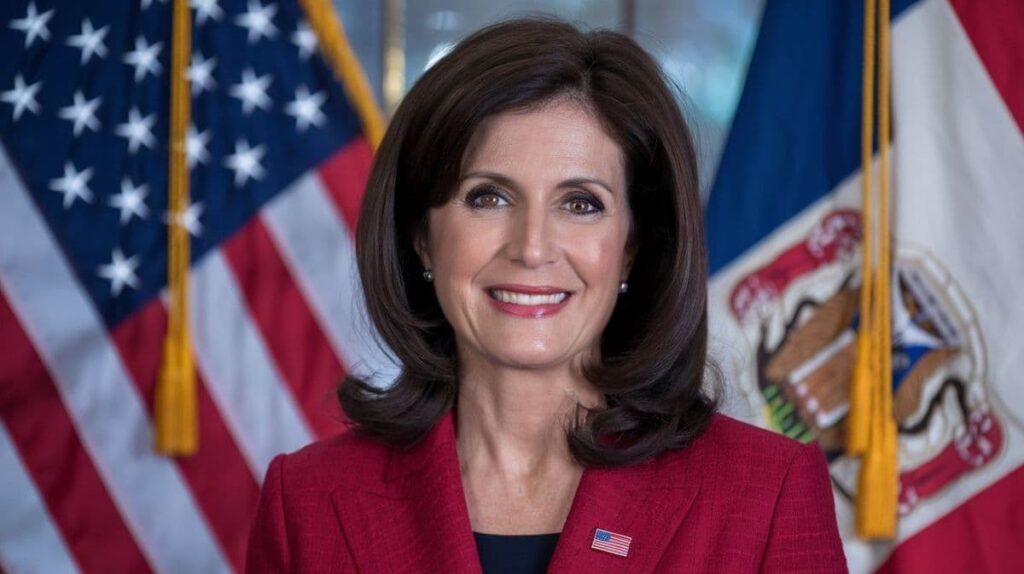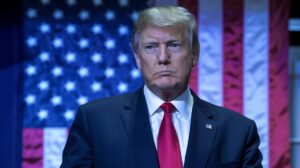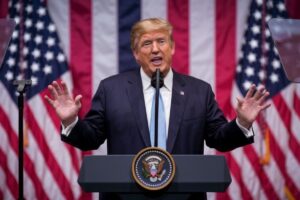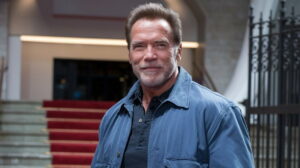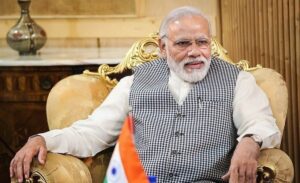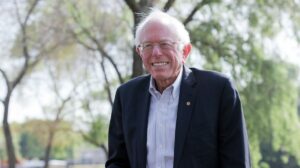Vladimir Vladimirovich Putin is the current president of Russia, having held the position for multiple terms since 2000. Born in Leningrad (now St. Petersburg) in 1952, Putin rose from a modest background to become one of the most powerful and controversial figures of the 21st century. His rule is marked by a combination of economic reforms, political centralization, and assertive foreign policies, including Russia’s annexation of Crimea and military interventions in Ukraine and Syria. A former KGB officer, Putin’s grip on power has been unwavering, positioning him as both a champion of Russian nationalism and a divisive global figure. His leadership has redefined Russia’s role on the world stage, while his domestic policies have consolidated his control over the country’s political apparatus.
Quick Overview
| Full Name | Vladimir Vladimirovich Putin |
|---|---|
| Born | October 7, 1952 |
| Birthplace | Leningrad (St. Petersburg), Russia |
| Spouse | Lyudmila Shkrebneva (1983–2014) |
| Children | Maria, Yekaterina |
| Astrological Sign | Libra |
| Education | Law Degree, Leningrad State University (1975) |
| Early Career | KGB Officer (1975-1990) |
| Political Career | Prime Minister (1999, 2008-2012), President (2000-2008, 2012-present) |
| Religious Affiliation | Orthodox Christian |
| Notable Actions | Annexation of Crimea, Syrian intervention, Russian-Ukrainian War, Domestic centralization of power |
| Current Status | Running for a fifth presidential term in 2024 |
Early Life and Education
Vladimir Putin was born on October 7, 1952, in the then-Soviet city of Leningrad, now known as St. Petersburg. He was raised in a shared apartment with his parents, both survivors of the Siege of Leningrad during World War II. Despite a modest upbringing, Putin developed an early interest in sports, particularly judo, in which he earned a black belt—a skill he continues to practice to this day.
After graduating from Leningrad State University in 1975 with a law degree, Putin began cultivating connections that would later launch his political career. During this time, he befriended Anatoly Sobchak, one of Russia’s future liberal politicians, who would become a key influence on Putin’s early political trajectory.
Career in the KGB
Following his university education, Putin joined the KGB, the Soviet Union’s state security service, in 1975. He was stationed primarily in East Germany from 1985 to 1990 as an intelligence officer. His work in the KGB, involving covert operations and political maneuvering, gave him the skills and insights that would later define his leadership style. Putin eventually rose to the rank of lieutenant colonel before leaving the KGB in 1991, after the dissolution of the Soviet Union.
Early Political Career in St. Petersburg
Returning to Russia, Putin found a mentor in Anatoly Sobchak, then mayor of St. Petersburg. Putin served as the city’s head of external relations, facilitating international partnerships and navigating the chaotic post-Soviet transition. After Sobchak’s electoral defeat in 1996, Putin moved to Moscow, where he rapidly ascended through the political ranks.
Rise to Power: From Prime Minister to President
Putin’s rise to national prominence began in 1998 when he was appointed head of the Federal Security Service (FSB), the KGB’s successor. In August 1999, President Boris Yeltsin appointed him prime minister, and by the end of the year, Yeltsin resigned, naming Putin as acting president. In March 2000, Putin was formally elected president with a majority vote, beginning his first term.
First and Second Presidential Terms (2000–2008)
During his first two terms as president, Putin focused on stabilizing Russia’s faltering economy and consolidating political power in the Kremlin. Under his leadership, the government cracked down on oligarchs wealthy business magnates who had gained immense power during the 1990s. Putin’s administration also took aggressive steps to reinstate Russian control in the restive Chechen region, bolstering the country’s energy sector, and making Russia a leading exporter of oil and gas.
Re-elected in 2004, Putin’s leadership style became more centralized. Although his foreign relations with Europe and the U.S. remained largely cooperative during this period, tensions began to surface over NATO’s expansion and U.S. military activities. Domestically, Putin rolled back some of the political freedoms that had emerged during the post-Soviet transition, tightening control over media and opposition groups.
The Medvedev Interlude (2008–2012)
The Russian constitution limits Putin to two consecutive terms, so in 2008, Putin endorsed Dmitry Medvedev as his successor. After Medvedev’s election, Putin became prime minister, maintaining his grip on power. During this period, the presidential term was extended from four to six years, allowing Putin the opportunity to return to office in future elections.
Though Medvedev held the presidency, most analysts agree that Putin remained the de facto leader, continuing to influence key decisions, particularly in foreign policy.
Third and Fourth Terms (2012–Present)
In 2012, Putin was elected to a third term as president. His return to the presidency was met with significant protests and accusations of election fraud. This period marked an important shift in Russia’s foreign relations as Putin adopted a more assertive stance, particularly regarding the West. In 2014, Russia controversially annexed Crimea from Ukraine, a move that led to international sanctions and heightened tensions with the United States and Europe.
Putin’s fourth term, beginning in 2018, saw Russia continuing to expand its military influence, particularly in Syria, where it supported Bashar al-Assad’s regime during the country’s civil war. During this time, Putin’s administration was also accused of interfering in the 2016 U.S. presidential election, a charge Putin denied.
Invasion of Ukraine and Seeking a Fifth Term
In 2022, Putin launched a full-scale invasion of Ukraine, citing the need to protect Russian speakers and neutralize alleged threats from NATO. The invasion sparked fierce international condemnation and resulted in sweeping sanctions against Russia, yet Putin remains committed to the campaign despite its devastating consequences for both countries.
Personal Life
Putin married Lyudmila Shkrebneva in 1983, and they had two daughters, Maria and Yekaterina. The couple divorced in 2013 after nearly thirty years of marriage. Despite his global fame, Putin is intensely private about his personal life, and little is known about his daughters.
Putin is a devout Orthodox Christian who frequently highlights the importance of the Russian Orthodox Church in the country’s cultural and spiritual life. He has supported the construction of new churches and religious revival throughout Russia.
Legacy
Putin’s presidency has had a profound impact on both Russia and the world. While some view him as a stabilizing force that restored Russia’s global influence, others see him as an authoritarian leader who has destroyed democratic freedoms, suppressed dissent, and pursued aggressive foreign policies. As the current president of Russia, Putin’s legacy continues to evolve, and his influence on Russian politics, society, and global affairs will be felt for years to come.
Frequently Asked Questions (FAQs)
Vladimir Putin is the current president of Russia, having served multiple terms since 2000, with a background in the KGB and strong political influence.
He first became president in 2000 and has held the role for multiple terms, including his current term.
Putin is known for his strong centralization of power, aggressive foreign policies, such as the annexation of Crimea, and his reshaping of Russia’s global influence.
Vladimir Putin served as a KGB officer for 16 years, mainly in East Germany, reaching the rank of lieutenant colonel before entering politics.
Controversies include accusations of election fraud, suppression of political dissent, and his role in Russia’s invasion of Ukraine in 2022.
